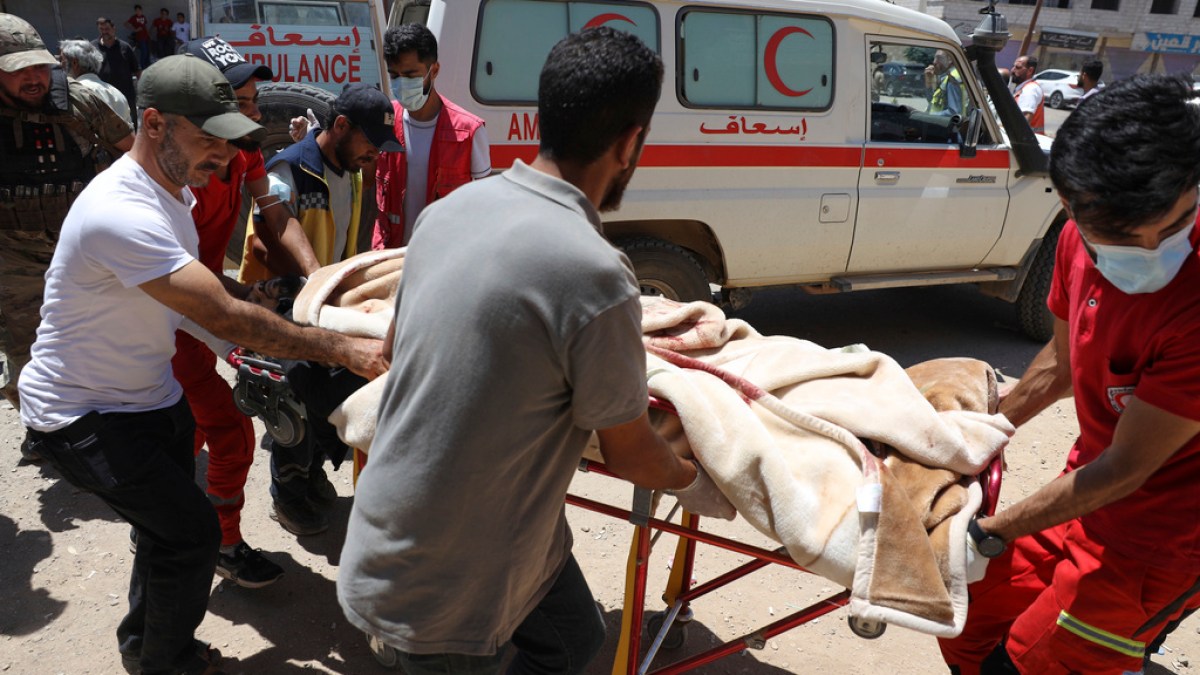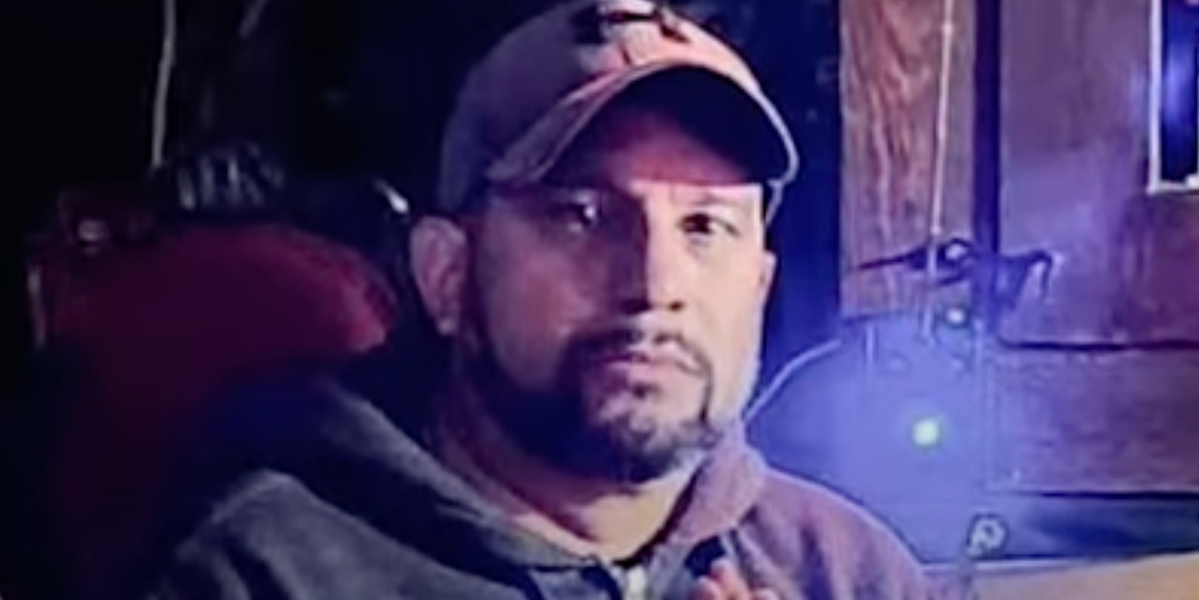Fighting between Druze armed groups and government troops has continued in the southern Syrian city of Suwayda, with a ceasefire in tatters, as Israel launched further attacks on Syrian forces and warned it would escalate unless they withdrew.
The sectarian violence in the predominantly Druze city resumed in force on Wednesday, despite the announcement of a ceasefire by the Syrian government the previous night, Syria’s Ministry of Defence told Al Jazeera. Ministry officials blamed groups “outside the law” for breaking the ceasefire and attacking government troops, who they said were responding to fire while taking into account rules of engagement to protect civilians.
Speaking from Damascus, Al Jazeera’s Osama Bin Javaid said that following Tuesday’s ceasefire announcement, the situation had “spiralled out of control once again”.
He said at least 70 people were believed to have been killed in the fighting so far, while the UK-based war monitor, the Syrian Observatory for Human Rights, says more than 250 people had been killed as of Wednesday morning, including four children, five women and 138 soldiers and security forces. The observatory added that at least 21 people were killed in “field executions”.
“The situation on the ground is that [in] the city centre itself there are sporadic clashes, but on the outskirts there’s a lot of fighting that has been happening between these Druze fighters and [government] forces,” Bin Javaid said.
Israeli air attacks continue
On top of the clashes on the ground, Israel, which sees the Druze minority as a potential ally and has been attacking Syria under the pretext of protecting the group, has continued its air raids on Syrian troop positions around Suwayda, with at least seven attacks launched on Wednesday, Bin Javaid said.
Israel’s Defense Minister Israel Katz on Wednesday warned the Syrian government to leave the Druze alone and withdraw its forces from Suwayda, or Israel would ramp up its attacks.
“As we have made clear and warned – Israel will not abandon the Druze in Syria and will enforce the demilitarisation policy we have decided on,” he said, adding it would escalate its activity “if the message is not understood”.
Syria has condemned Israel’s intervention as a violation of international law, as have several Arab nations. Israel has also been attacking other areas of Syria regularly since longtime Syrian ruler Bashar al-Assad was deposed in December, claiming it is targeting weapons sites. The Israeli government has dismissed the fledgling Syrian government of Ahmed al-Sharaa as “extremists”.
The United States has revoked its designation of Hayat Tahrir al-Sham (HTS) as a foreign terrorist organisation (FTO) as Washington softens its approach to post-war Syria. The decision earlier this month is part of US President Donald Trump’s broader strategy to re-engage with Syria and support its reconstruction after more than a decade of devastating conflict.
The outbreak of violence in the southern city on Sunday was triggered by a wave of recent kidnappings and attacks between local Sunni Bedouin tribes and Druze armed groups, including the abduction of a Druze merchant on Friday on the highway linking Damascus to Suwayda, witnesses told the Reuters news agency.
Syria’s Druze population numbers about 700,000, with Suwayda home to the sect’s largest community. Bedouin and Druze factions have a longstanding feud in Suwayda, with violence occasionally erupting.
Bin Javaid said tensions in the latest outbreak of violence had been inflamed by material of killings and abuses posted on social media. “That created a flurry of reaction… from both sides,” he said.
Rob Geist Pinfold, lecturer in international security at King’s College London, told Al Jazeera that the situation in Suwayda had evolved into “an extremely complicated dynamic”.
“What began as an act of petty crime has now degenerated into mass killings with a sectarian dimension, and of course the threat of further Israeli military action looming,” he said.
Since the overthrow of al-Assad, concerns have been raised over the rights and safety of minorities under the new authorities, who have also struggled to re-establish security more broadly.
“Since this government took charge, the Druze have not really accepted them as the government that will look after their aspirations and hopes as well,” said Bin Javaid.
Clashes between government troops and Druze fighters in April and May killed dozens of people, with local leaders and religious figures signing agreements to contain the escalation and better integrate Druze fighters into the new government.
The Druze developed their own militias during the nearly 14-year ruinous civil war. Since al-Assad’s fall, different Druze factions have been at odds over whether to integrate with the new government and armed forces.
Israeli strikes ‘not purely performative’
Pinfold told Al Jazeera that Israel had been working closely with an influential Druze sheikh, Hikmat al-Hijri, who has been a key player in the escalation of the situation in Suwayda following the initial abduction on Friday.
“It was his forces that took government buildings … within Suwayda and it was then that Israel chose to act to defend him from Syrian security services who are looking to restore order,” said Pinfold.
He said Israel’s attacks on Syrian troops were “not purely performative” and appeared to have inflicted a high number of casualties.
Israel’s response to the situation showed it had not taken the opportunity for a reset with Syria’s new government and to work towards a stabilisation of relations, Pinfold added.
Instead, by launching attacks, he said, Israel had opted to continue with the status quo: “Its pursuit of military hegemony and extended occupation of Syrian territory”.


